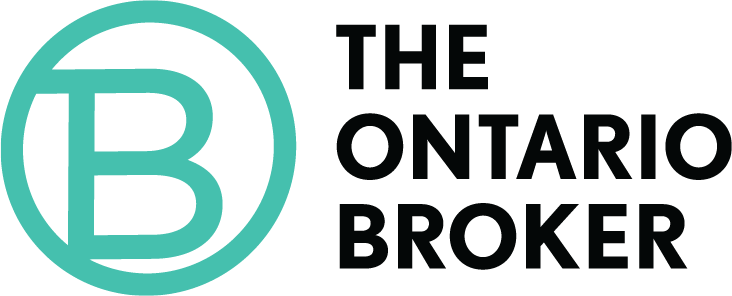

Colin Simpson, CEO, IBAO
Merger and acquisition (M&A) activity continues at a swift pace across the insurance industry, most evidently in the Canadian Broker Market. Is it any wonder we’re seeing and hearing of more merger and acquisitions? What’s driving the activity?
With a depressed stock market over the last few years coupled with pent-up demand caused by the pandemic, many financial institutions are looking for better returns from their capital. Given the significant value in the broker channel, it shouldn’t be a surprise that it’s attracting interest from parties not only outside our industry, but those companies from within it looking for a value investment. Insurance companies that acquire the distribution network have been around for many years and are likely to continue to acquire their distribution partners as a great financial investment and to secure the innovative distribution capability of their products. Let’s face it, investing in a business you know and intimately understand makes for a much lower-risk investment than investing in one you don’t know.
Anyone with a keen eye for generating money will see the value in investing in areas of our economy that generate above-average returns and do so from a very stable foundation. The insurance industry continues to be stable in times of uncertainty, so it’s no wonder that those closest to what we do are the keenest to increase their footprint in the industry.
This isn’t unique to the last couple of years, given the worldwide environment of the pandemic, war, and economic strain. However, it’s certainly a catalyst for some of the volume of our current activity. M&A has been ongoing in the industry for as long as the industry has existed.
One particular reason it’s catching all of our attention right now is the scale of acquired businesses. The larger the independent brokerage groups become, due to their owners seeking capital growth from their investment, the number of potential and suitable acquirers for that larger business will likely shrink, i.e. there’s a limited pool of buyers that can afford these businesses. Combining a small number of larger businesses to obtain scale could be more logical for a bigger organization than piecing it together over time through multiple transactions. This is one reason why we see companies like Definity leverage their surplus capital to buy sizeable independent broker groups such as McDougall and McFarlan Rowlands.
As we all know, larger is not always better and doesn’t necessarily suit everyone, but in certain circumstances, it can be, and it does. Both large financial institution-owned brokerages, and in contrast, the independently owned brokerages, have proven to be very successful over many decades in servicing the Ontario consumer—one cannot overlook how successful these scaled-up businesses were before being acquired. This is the key reason so many want to buy them and why the price of purchasing quality brokerages continues to increase! Every business owner will feel this inflationary effect on the value of their business to different degrees.
This consolidation trend is not only evident through insurance company entities but also independent brokerage business M&A realizing the benefits of scale or acquiring specialisms that can be challenging and time consuming to grow from scratch.
Although it’s the bigger transactions that catch our eye, there are many others taking place regularly.
Brokers have and continue to offer core insurance services within their chosen communities across the province. Anyone who invests in this channel will realize and understand the value of human capital and how essential it is to their future return on that investment. Most acquirers in this business also clearly understand the core value of consumer service and have historically continued to invest in local and specialty expertise after acquisition. Finally, let’s remember the many brokerage businesses actively investing in innovative business models, leveraging not just people but the latest technological innovations. All of these moves to create value through consumer service make the business of being a broker a very important and valuable one to society.
Discussing the value proposition of a financial institution-owned brokerage versus an independent is another article on its own. Sometimes the corporate structure and ownership of a brokerage can be too much in focus.
From a consumer’s perspective, brokers must always act professionally and adhere to a well-known professional code of conduct. A broker’s professional behaviour shouldn’t differ between brokerage business models and shouldn’t vary between corporate ownership structures. Brokers of all shapes and sizes continue to innovate and thrive by regularly introducing new service models into the market. As we continue to see these models evolve, whether digital to consumer, or high touch in person, we can rest assured that the broker channel continues to be vibrant and healthy.
The broker network—for good reason—continues to be where you’ll find a very high concentration of successful entrepreneurs in Ontario. It attracts both a heightened level of interest of future employees looking to build their careers and those that wish to invest in a thriving business. Long may the strength of the broker network continue.
